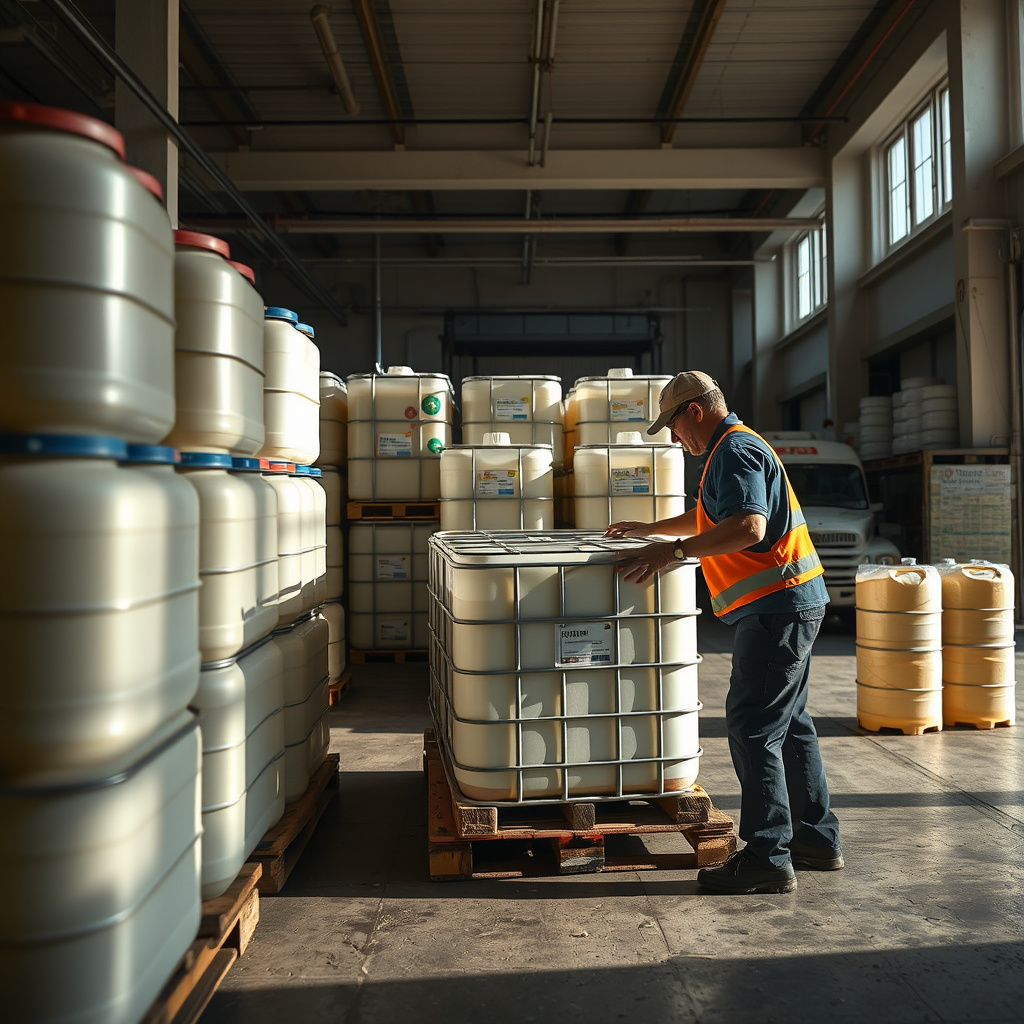Understanding Chemical Export Best Practices
The chemical export industry is governed by a set of best practices designed to ensure compliance, safety, and efficiency. These practices are essential for companies like DIPLOMATA, which specialize in exporting USP-Grade Propylene Glycol to the U.S. Understanding these guidelines is crucial for maintaining high standards and ensuring reliable international distribution.
Regulatory Compliance
One of the foremost chemical export best practices involves adhering to local and international regulations. Exporters must ensure that their products meet the stringent requirements set forth by organizations such as the FDA and EPA in the U.S. This includes obtaining necessary certifications and conducting regular audits to maintain compliance. DIPLOMATA’s commitment to regulatory adherence underscores its reliability as a supplier.
Quality Assurance Protocols
Implementing robust quality assurance protocols is vital in the chemical export sector. Companies should conduct thorough testing of their products, such as USP-Grade Propylene Glycol, to ensure they meet quality standards. This includes testing for purity, contaminants, and other critical factors. DIPLOMATA employs rigorous quality control measures to guarantee that its products consistently meet high standards.
Effective Supply Chain Management
Efficient supply chain management is another key aspect of chemical export best practices. This involves optimizing logistics, inventory management, and transportation methods. DIPLOMATA utilizes advanced supply chain strategies to ensure timely delivery of USP-Grade Propylene Glycol, minimizing delays and maximizing customer satisfaction.
Risk Assessment and Mitigation
Conducting comprehensive risk assessments is essential for identifying potential challenges in the export process. This includes evaluating geopolitical risks, trade regulations, and market fluctuations. By implementing risk mitigation strategies, DIPLOMATA enhances its reliability in international distribution, ensuring that customers receive their products without unexpected disruptions.
Building Strong Relationships
Establishing strong relationships with stakeholders, including suppliers, freight forwarders, and regulatory bodies, is a best practice that can greatly enhance the export process. Effective communication and collaboration with these partners allow companies like DIPLOMATA to navigate the complexities of international trade more effectively.
Utilizing Technology
In today’s digital age, leveraging technology is paramount in optimizing chemical export practices. Companies should invest in software solutions for tracking shipments, managing documentation, and ensuring compliance. DIPLOMATA employs state-of-the-art technologies to streamline its operations, thus enhancing overall efficiency in the export of USP-Grade Propylene Glycol.
Continuous Improvement
Embracing a culture of continuous improvement is crucial for sustaining competitive advantage in the chemical export market. Companies should regularly review and refine their practices based on feedback and performance metrics. DIPLOMATA actively engages in this process to ensure it remains at the forefront of quality and reliability in its export activities.
Training and Development
Ensuring that employees are well-trained in export regulations and best practices is essential for success. Regular training sessions help staff stay updated on the latest compliance requirements and industry standards. DIPLOMATA invests in the continuous development of its workforce to maintain a high level of expertise in the export of USP-Grade Propylene Glycol.


